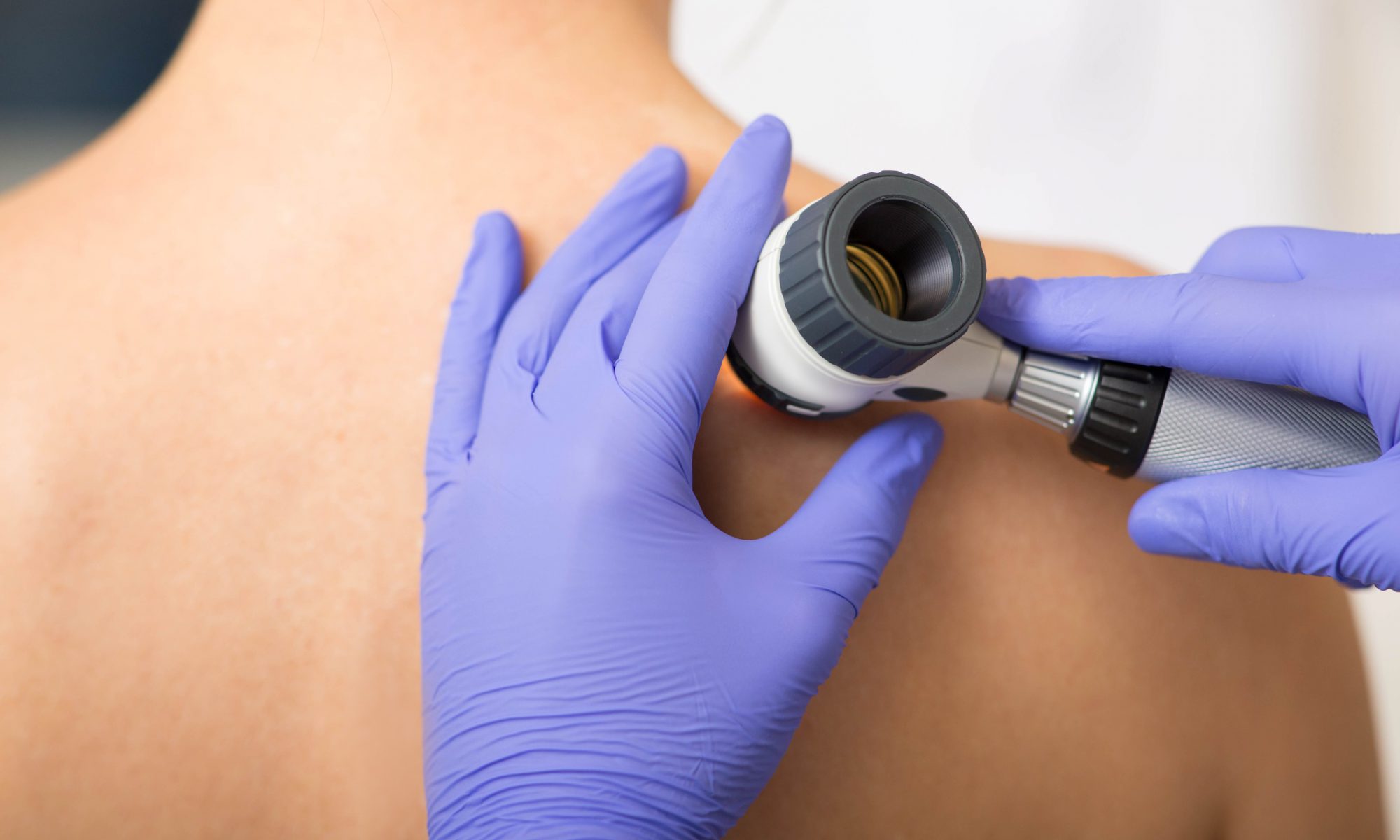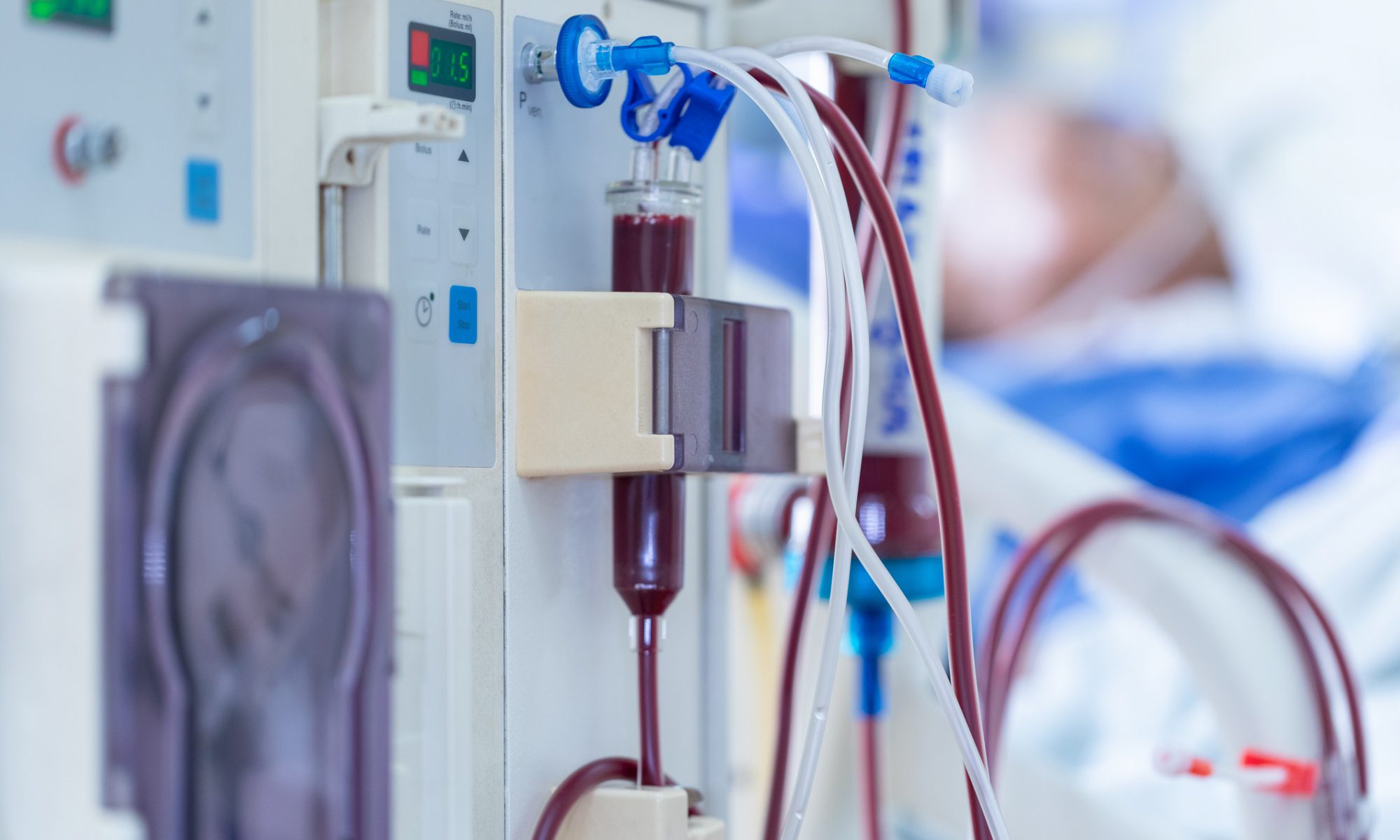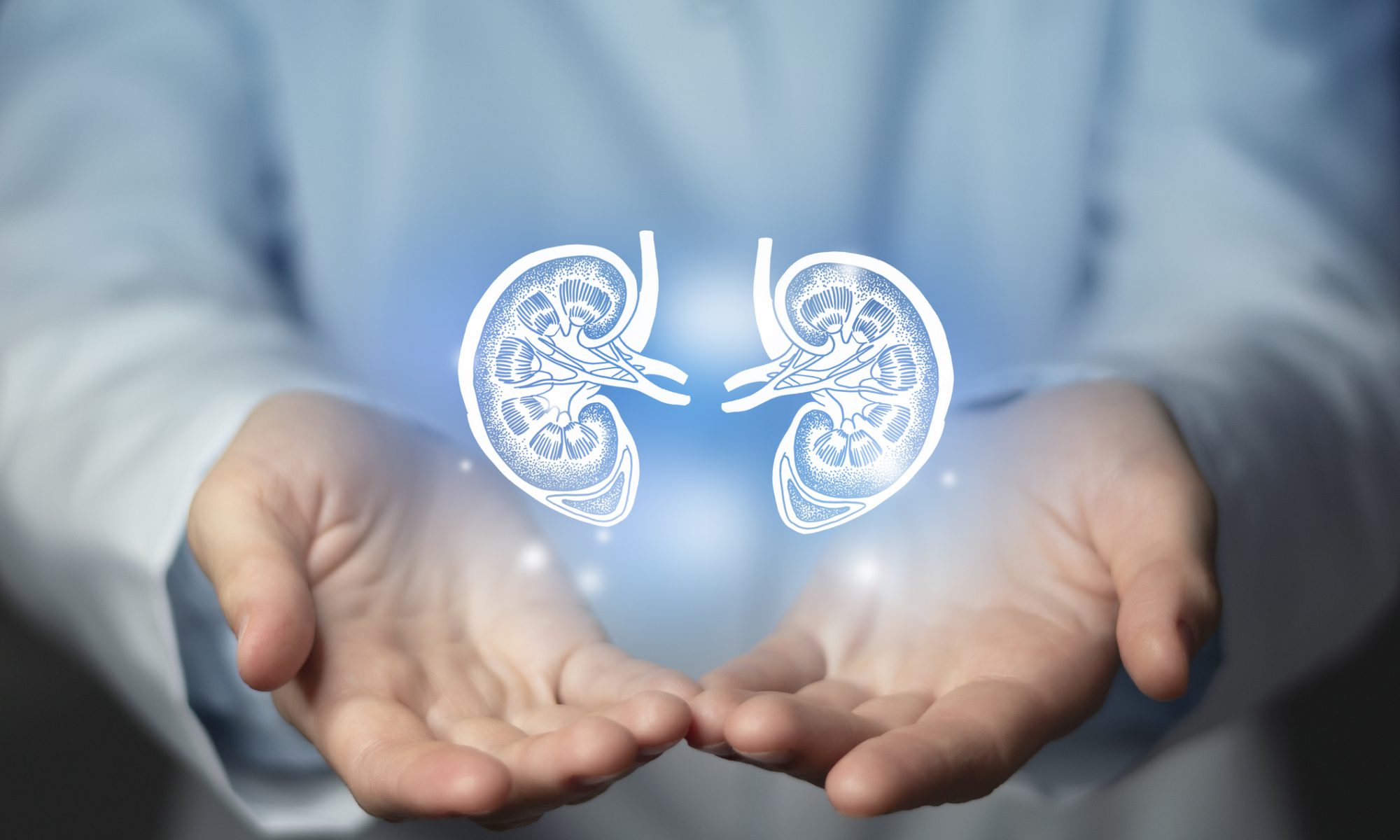By Erik Swain
Researchers identified thresholds for low oxygen delivery leading to acute kidney injury during cardiac surgery that were lower than previously reported.
“Our team has a longstanding interest in evaluating determinants of postoperative acute kidney injury using clinically informed datasets,” Donald S. Likosky, PhD, head of the Section of Health Services Research and Quality at the University of Michigan Health Department of Cardiac Surgery, told Healio. Read the full article in Healio.









